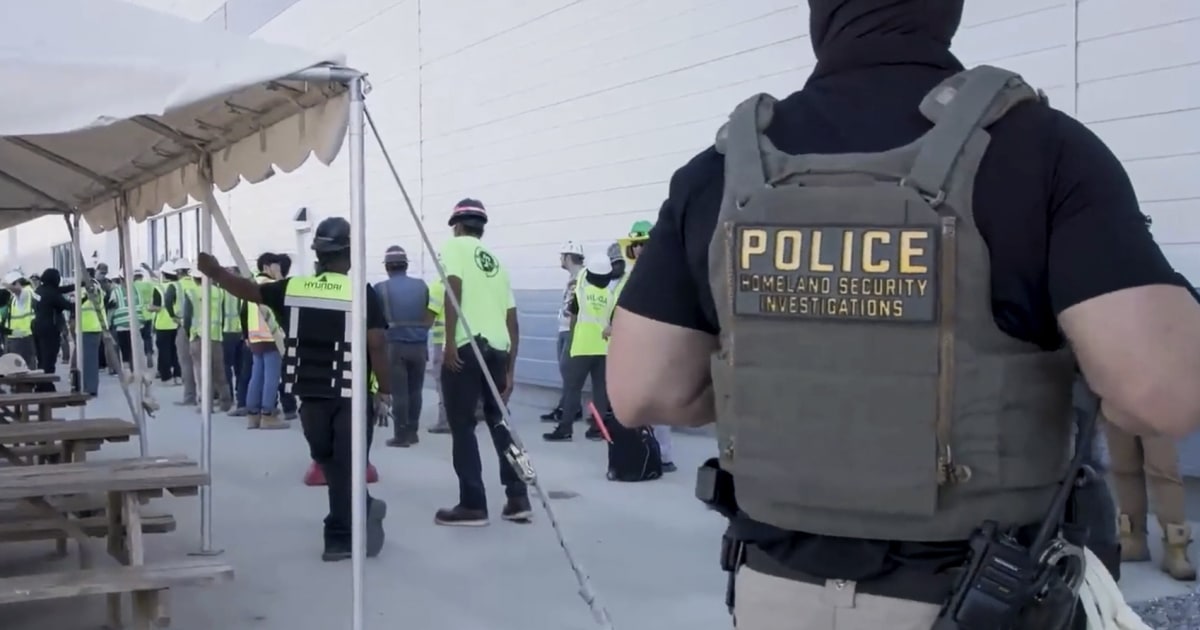Trump-Era Immigration Raid on Hyundai Plant Sparked South Korean Alarm, Delayed Production
Trump-Era Immigration Raid on Hyundai Plant Sparked South Korean Alarm, Delayed Production

During President Donald Trump’s administration, a federal immigration raid on a Hyundai electric vehicle battery plant construction site in Georgia caused significant diplomatic and economic fallout. The action, which reportedly led to the arrests of nearly 500 workers, including approximately 300 South Korean nationals, occurred as Trump sought to secure substantial investments from South Korea as part of a broader trade deal, while simultaneously pushing to revitalize U.S. domestic manufacturing with American workers and increase arrests and deportations of foreign-born laborers.
The raid prompted immediate concern in Seoul, with the South Korean government working with U.S. law enforcement to facilitate the return of its citizens. Hyundai, while asserting its commitment to legal compliance, noted that none of the detained individuals were direct employees. However, the incident reportedly led LG Energy Solution, a joint venture partner with Hyundai, to delay the start of production at the factory until the first half of 2026. South Korean Foreign Minister Cho Hyun warned that delays would result in significant losses for the United States.
Trump, however, dismissed concerns about straining relations with South Korea, a key U.S. ally. He later admonished foreign companies on Truth Social, encouraging them to bring ‘LEGALLY’ skilled workers. The administration’s immigration enforcement, including increased worksite operations, was seen by some economists as contributing to a slowdown in jobs growth and restraining labor supply. Despite initially pausing visits to certain industries like farms and hotels due to complaints about worker shortages, the Department of Homeland Security quickly resumed such operations. Trump eventually conceded that some visas for overseas workers, particularly those needed for training in specialty industries like battery manufacturing, would be necessary.
Disclaimer: This content is aggregated from public sources online. Please verify information independently. If you believe your rights have been infringed, contact us for removal.